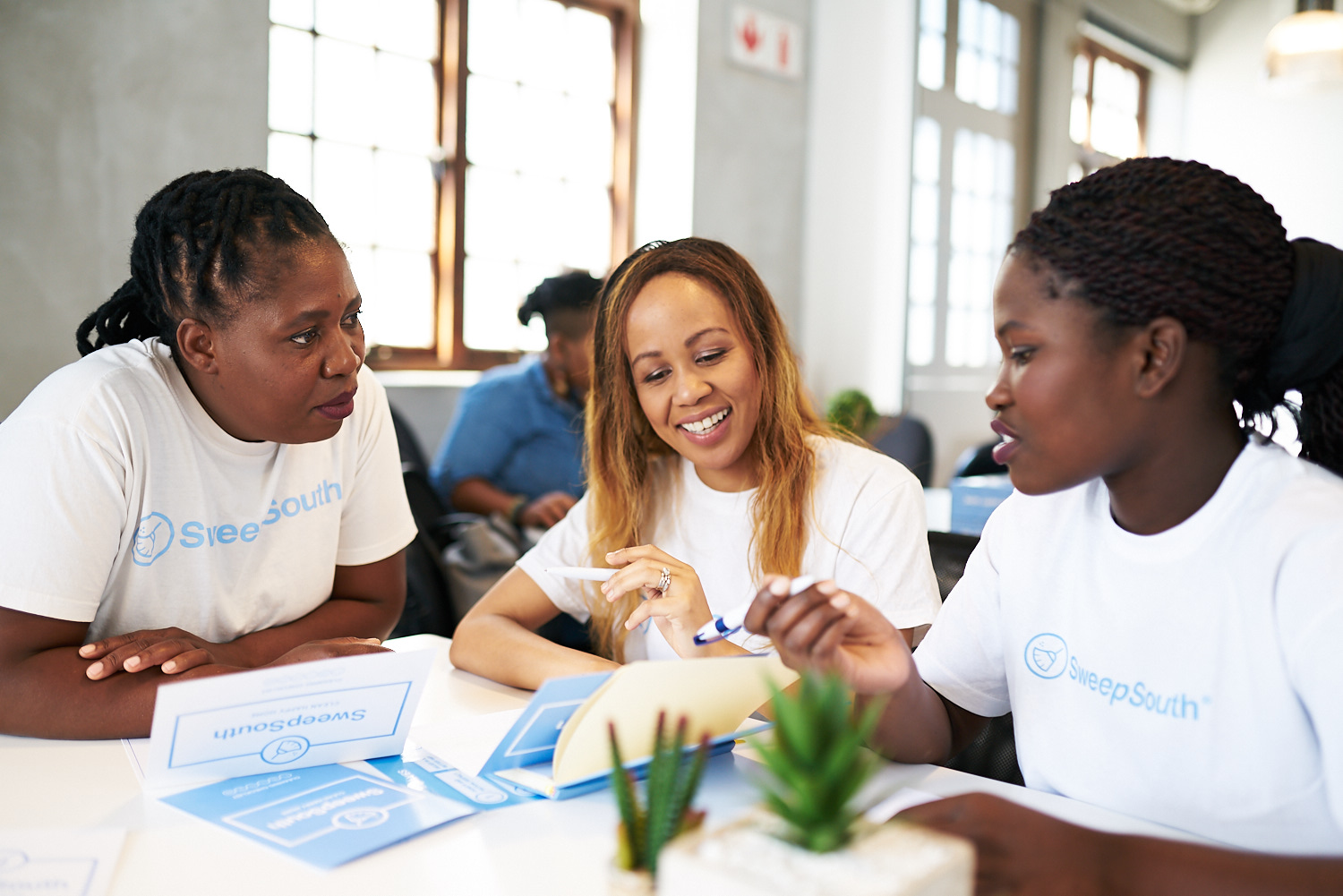#BreakTheBias
Tech can close gender pay gap
Gender equality in the workplace has made strides in recent years, but has a long way to go, and technology can help
Technology has long been lauded for its ability to help close the gender pay gap and to provide employment to people – and women – who previously would have struggled in this regard. Apps such as Airbnb and SweepSouth, for example, have been catalysts for change when it comes to creating income opportunities for women.
A report released by Airbnb last year found that the platform is lowering barriers to entry and welcoming new hosts by empowering groups typically excluded from the benefits of tourism, like those living in rural and township communities. And it is greatly benefiting women, as women make up more than half of the Airbnb host community.
On-demand home services app, SweepSouth, is also leading the charge in this regard. CEO and co-founder Aisha Pandor says that those finding work through their platform can take advantage of 100% of the opportunities to which they are exposed.

“When you’re dependent on finding work opportunities through what the people around you have knowledge of, it becomes extremely difficult to have access to opportunities that could improve your employment situation,” says Pandor. “Technology is one of the most powerful enablers of connectivity and through our platform we wanted to leverage that potential to ensure that domestic workers are able to connect with as many employment opportunities in the most convenient way possible.”
The platform allows domestic workers, who are predominantly women, to earn higher than market rates while giving them the power to choose who they take work from, where, and at times that suit them – an opportunity that puts control back into the hands of a group that is often exploited and underpaid.
Dori-Jo Bonner, strategist at Striata Africa, says that one of the best aspects of working in digital is that we are invariably “living in the future” every day.

“We are changing the way people connect, bank, and shop,” she says. “It is our responsibility to mentor and train the next generation entering the workforce to ensure they understand the value of education and empowerment and that their power is based on their ability, skills and ideas rather than their gender and old fashioned stereotypes.”
Women and girls represent 50% of the world’s population, according to the United Nations. This represents at least half of the world’s potential, yet a 2019 World Economic Forum Gender Gap report found that it will take at least another 99.5 years to reach gender parity. And this gap has increased due to the Covid-19 pandemic.
“Covid-19 exacerbated gender disparity, especially for women in underdeveloped or developing markets,” says Sandra Kneubuhler, Radisson Hotel Group country director of sales and district director for South Africa. “So just as we’ve had to adjust to work from home, hybrid working and more, we need to adapt our gender equality goals and the conversations around gender parity.”
This means giving all genders a platform and encouraging ambition, positivity and work-life balance.
“So often, the view is that men are ambitious while women are too bold or out of line,” says Kneubuhler. “But in an ideal world, we would be viewing everyone with the same lens. My advice to women in the workplace is to embrace your ambition and be bold without forsaking your compassion and kindness.
“It’s this – the need to respect individual differences, life experiences and diverse world views – that drive a company’s success and at Radisson, we’ve embedded it into our human resources policies and even our guest experiences.”

















